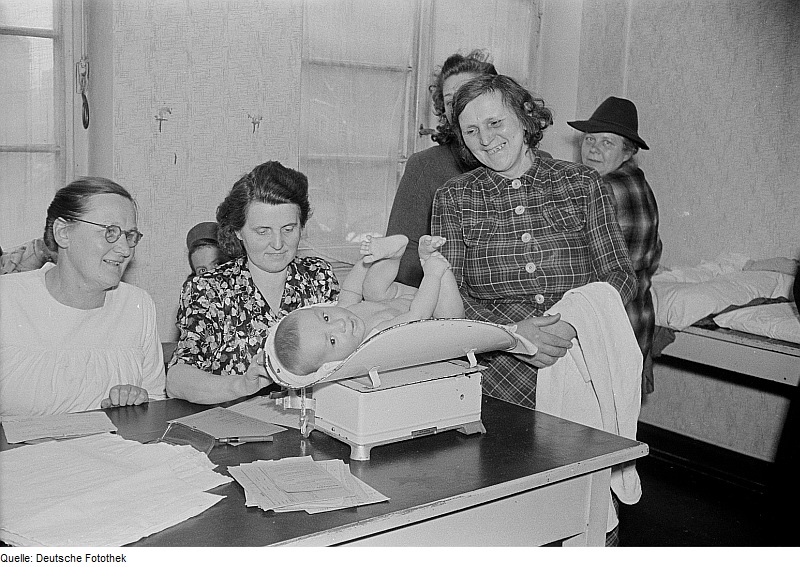Fox News
August 2, 2013
For newborn babies, taking ethnicity into consideration may help determine how small is too small, according to Canadian researchers.
They found that birth-weight standards based on population averages did not predict which babies born at or near full term were likely to suffer problems associated with being small for their gestational ages.
“The results are not necessarily surprising, but there has been controversy regarding whether customizing growth distributions is necessary,” said lead author Gillian Hanley of the School of Population and Public Health at the University of British Columbia in Vancouver.
Based on these results, adjusting the standards may be necessary, she told Reuters Health
Many factors influence birth weight, including a mother’s weight and height, whether she has given birth before and her ethnicity. Conditions that restrict a baby’s growth during pregnancy can also cause a newborn to be smaller than usual.
Babies who are not premature, but still small compared to other full-term infants are at higher risk for longer hospital stays, infections and other problems.
Hanley and her coauthor Patricia Janssen looked at data on more than 100,000 singleton babies born in Washington state between 2006 and 2008, 93,000 of whom were born at a healthy weight based on general population averages and ethnicity-specific standards. The infants belonged to white, Chinese or South Asian ethnic groups.
The researchers used the babies’ weights to try to predict complications after birth, including an Apgar score – which measures heart rate, breathing, muscle tone, reflexes and color – of less than 7 out of 10 at five minutes after birth.
They also examined admissions to the neonatal intensive care unit, the need for ventilation, extra long hospital stays, hypothermia, low blood sugar and infection, all of which indicate newborn distress.
Newborns considered small at birth, meaning they were in the lowest 10 percent of birth weights for the whole group, tended to have the most problems in their first days, the team reports in the American Journal of Obstetrics and Gynecology.
But based on size alone, the researchers were only able to predict a baby’s risk of hypothermia and needing to stay in the intensive care unit after birth, whereas considering size in combination with ethnicity predicted all of the potential problems.
“It’s now well known that ethnicity plays an important role in fetal growth and that weight references must be developed and adapted to local populations,” said Cyril Ferdynus, a biostatistician in Reunion, France, who was not involved with the study but has researched this question.
Special ethnicity-specific birth weight charts are already common in hospitals in some countries.
“In UK, over half of hospitals have already introduced customized charts, and more and more are coming on board,” said Jason Gardosi, director of the Perinatal Institute in Birmingham, United Kingdom.

